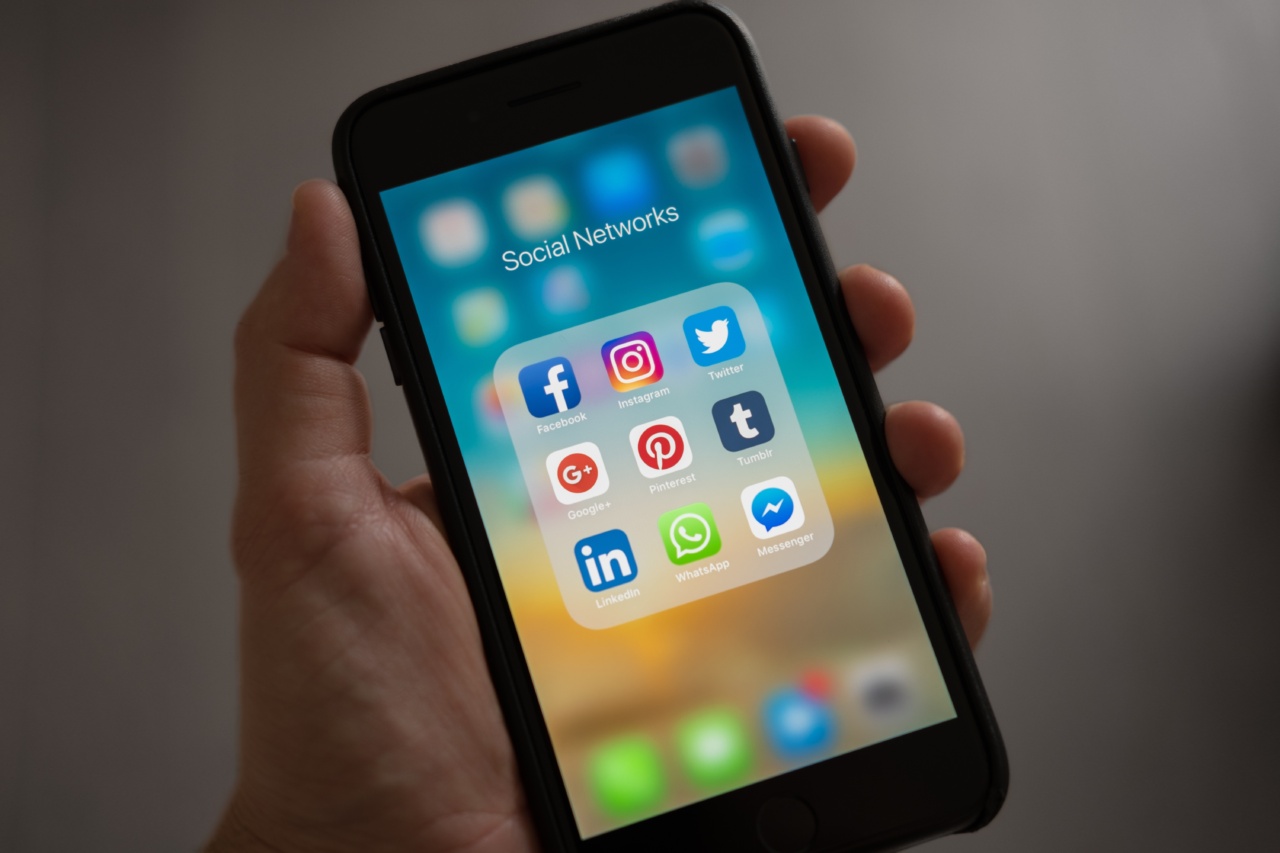Instagram has rapidly grown to become one of the most popular social media platforms today, with over one billion monthly active users.
This visually-focused platform allows users to share photos and videos, connect with friends, and discover new content. However, a recent phenomenon has emerged on Instagram that is causing concern amongst researchers and mental health professionals – the cortisol-follower ratio.
Understanding Cortisol and its Impact on the Body
Cortisol, often referred to as the “stress hormone,” is produced by the adrenal glands and plays a crucial role in the body’s response to stress. It helps regulate blood pressure, control blood sugar levels, and reduce inflammation.
While cortisol is vital for our survival, elevated or prolonged levels of cortisol can have detrimental effects on our physical and mental well-being.
Social Media and Stress
Social media platforms like Instagram have become an integral part of our lives, and studies have shown that excessive use of these platforms can contribute to increased stress levels.
Constantly scrolling through carefully curated images of others’ seemingly perfect lives can lead to feelings of inadequacy, low self-esteem, and anxiety. The constant exposure to virtual social comparison and fear of missing out (FOMO) can leave individuals feeling overwhelmed and stressed.
The Role of Instagram in Stress and Anxiety
Instagram, with its highly visual nature, may be exacerbating these stress levels even further. The platform is filled with images of beautiful people, exotic locations, perfectly plated meals, and extravagant lifestyles.
While these images may be aesthetically pleasing, they often create unrealistic expectations and distort reality.
Research has shown that individuals who spend more time on Instagram are more likely to experience symptoms of anxiety, depression, and low self-esteem.
Furthermore, studies have suggested a correlation between the use of Instagram and the cortisol-follower ratio, indicating that prolonged exposure to Instagram may elevate cortisol levels and the stress response.
The Dangers of the Cortisol-Follower Ratio
The cortisol-follower ratio is a measurement of an individual’s stress response as indicated by their cortisol levels, in relation to the number of followers they have on Instagram.
This ratio is concerning because individuals who consistently seek validation through high follower counts are more likely to experience heightened stress levels when their perceived social status is not met.
For influencers and individuals who base their self-worth on the number of followers they have, each follower lost or lack of engagement on a post can trigger increased cortisol production.
This constant cycle of seeking validation and experiencing stress from the fear of losing followers can have severe repercussions on mental health.
Protecting Mental Health on Instagram
While it may be difficult to completely avoid the allure of Instagram, there are steps individuals can take to protect their mental health:.
1. Limit Screen Time:
Set boundaries for your social media usage. Allocate specific times of the day to check your Instagram feed and stick to it. Avoid mindlessly scrolling through the platform for extended periods.
2. Curate Your Feed:
Unfollow accounts that trigger negative emotions or feelings of inadequacy. Surround yourself with content that inspires and uplifts you.
3. Practice Self-Affirmation:
Acknowledge your self-worth independent of social media validation. Engage in activities that make you feel confident and fulfilled.
4. Seek Support:
If you find that Instagram is significantly impacting your mental health, consider reaching out to a mental health professional. They can provide guidance and support to navigate the challenges associated with social media use.
Conclusion
The cortisol-follower ratio on Instagram highlights the potential negative impact of the platform on our mental well-being. While Instagram can be a source of inspiration and connection, it can also contribute to stress and anxiety.
It is essential to be mindful of our social media usage and take proactive steps to protect our mental health in this digital age.






























